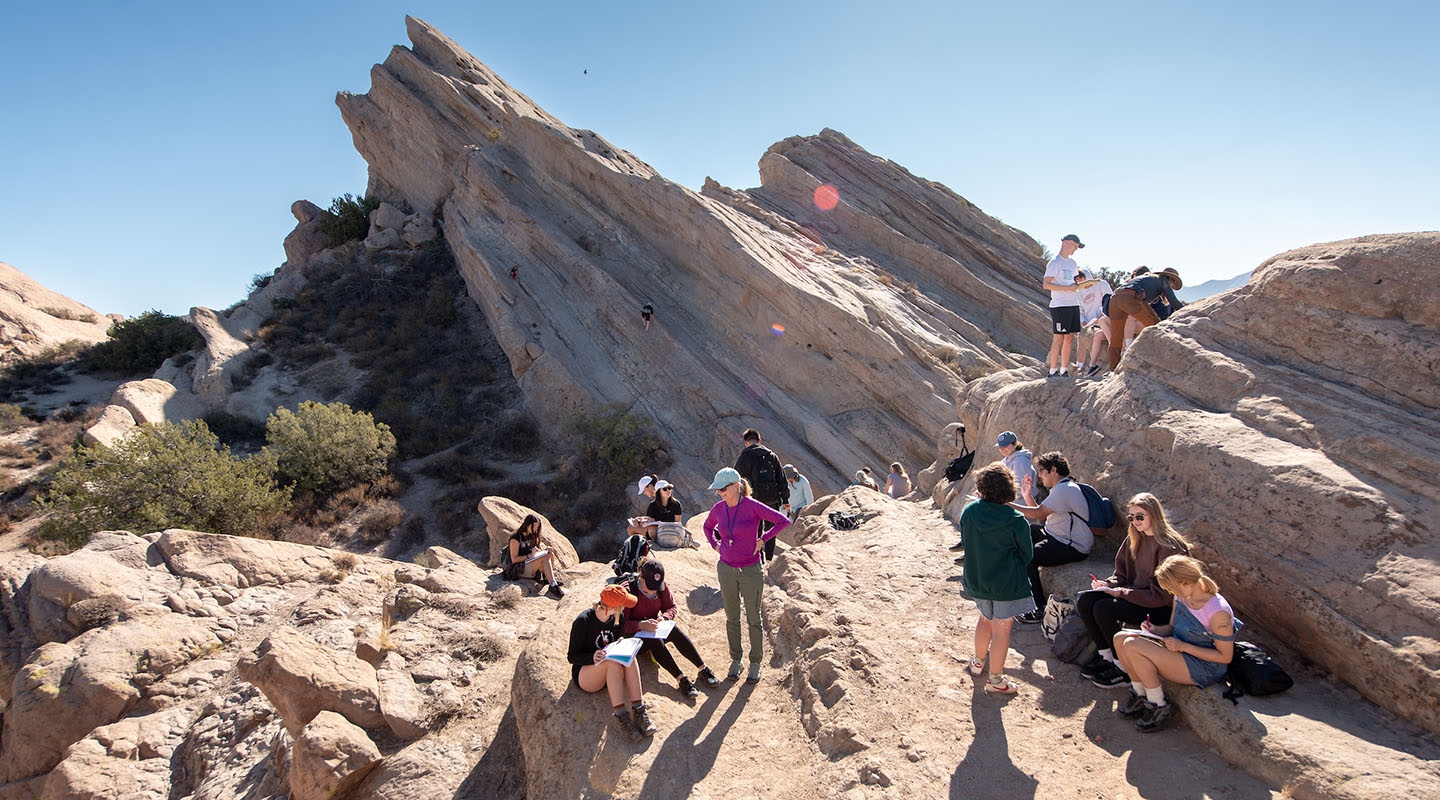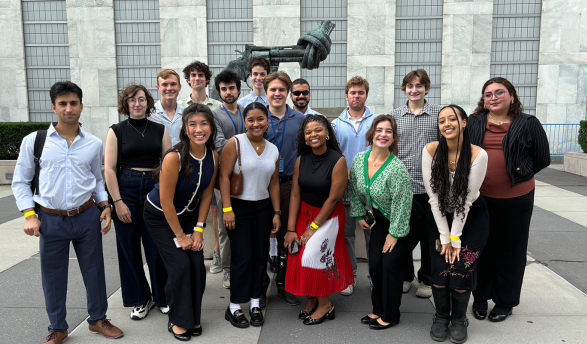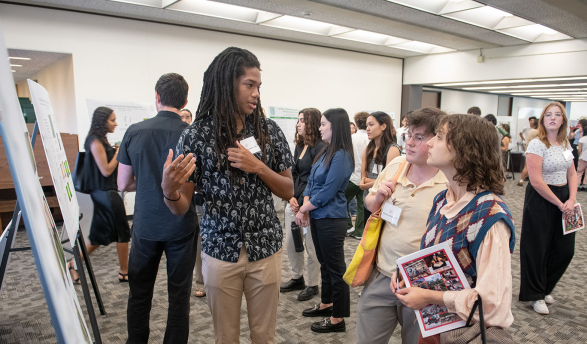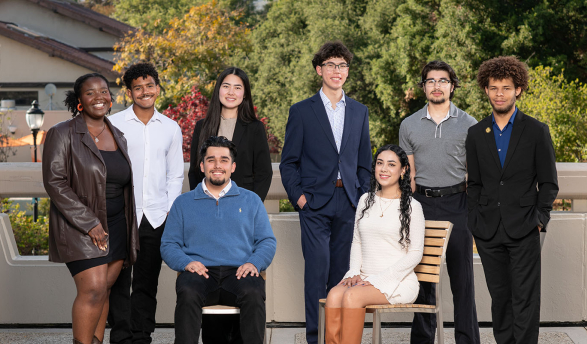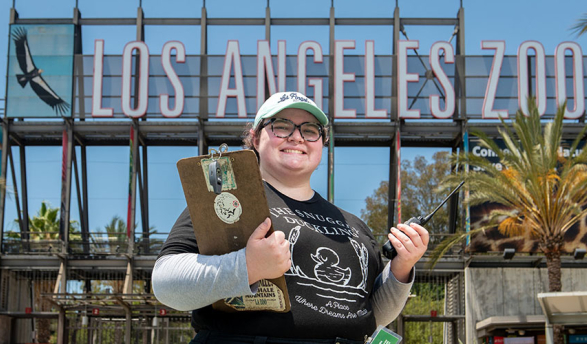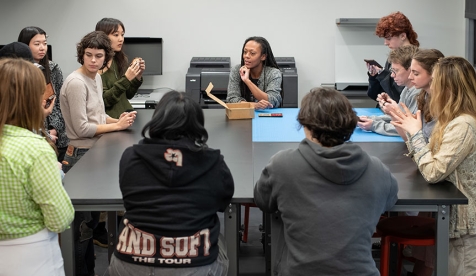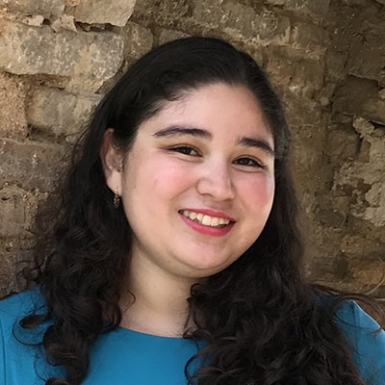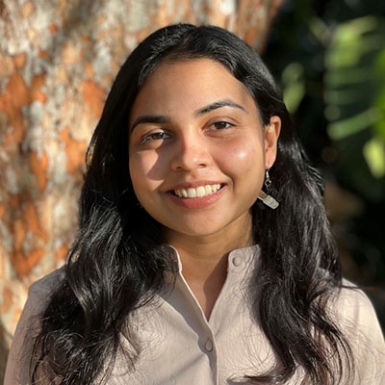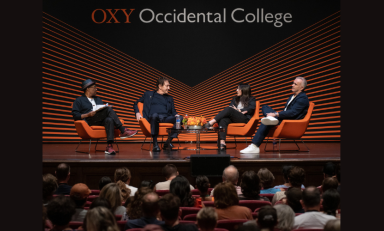Occidental College offers a transformational liberal arts education with a distinct approach. It is anchored by our world-class faculty and the resources of one of the world’s great urban centers.
You will receive a top-quality education through a wide range of undergraduate majors and academic programs, all designed to prepare you for leadership in today’s complex world. As part of a talented and diverse student community, you’ll develop the skills to address society’s biggest challenges learn how to think globally, collaborate across disciplines, and devise creative solutions.
Occidental College programs sharpen your ability to think critically, communicate clearly, and approach problems in new ways. You’ll learn from exceptional professors who are passionate about teaching as well as research. They believe in learning by doing, and they will help you connect ideas from the classroom to real-world experience.

